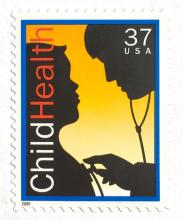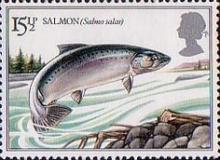North American Bank Swallow numbers declined by 94% from 1966 to 2014
Swallows are small, speedy, short-winged aerial hunters with slender bodies and pointed wings and a tail, just like a jet airplane. The birds are quick and graceful in flight, often catching a variety of flying insects in midair during a long, dizzying air travel pattern near the water or in a meadow. These short-billed aerial hunters know exactly what they are doing. A single Barn swallow (Hirundo rustica) , for example, can consume 60 insects per hour, an amazing 850 per day. The small birds are surely one of Mother Nature’s most successful avian insect predators.










